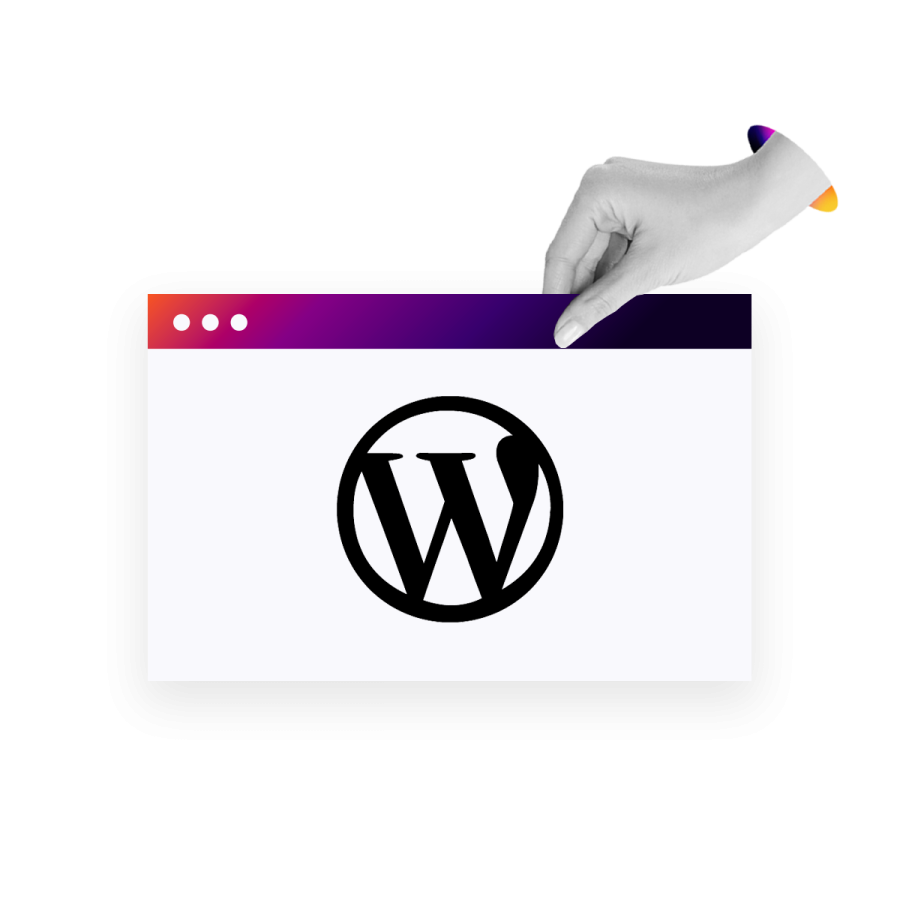New research: Yes, WordPress IS Enterprise-ready
Image

Everybody knows WordPress is the most widely used CMS on the web, but historically it’s been pegged as a simple blogging tool or only really a fit for small businesses or simple sites. Easy to publish content? Sure. Powerful? Depends on who you ask. Ready to scale? Uhhh… not sure about that.
But I can say from my experience with customers on Pantheon that this perception isn’t reality. WordPress is used by many global organizations, not just to run a blog or power some individual sites, but, increasingly, as a true Enterprise CMS platform. These organizations are making a long-term investment, adopting it across multiple teams, and using it to power complex and diverse portfolios that include high-traffic campaign sites as well as brand-name flagships.
Still, because of its massive long-tail adoption, some enterprise decision-makers hesitate at the idea of WordPress driving their digital experiences. So Pantheon partnered with Hanover Research — a globally recognized market research firm — to get to the bottom of the enterprise CMS debate and to answer this question: Do today’s enterprise digital teams think WordPress is enterprise-ready?
Hanover surveyed more than 250 enterprise marketing, IT and web development professionals on today’s CMS market. The goal was to find out what tools they prefer, why they chose the tools they use today, and what makes a CMS platform stand out in a field of so many options. We also included specific questions about WordPress, hoping to better understand where it ranks among today’s enterprise users.
As a baseline, we wanted to better understand how digital teams evaluate whether a CMS solution is “enterprise-ready.” Their top five areas of focus are:
- Mobile-responsiveness
- High availability and disaster recovery capabilities
- Multi-site management capabilities
- Fast loading speed and performance
- Integration with other systems and tools
With these factors in mind, how do respondents rank WordPress? Here’s what we heard:
- 92% have a positive impression of WordPress as an enterprise CMS tool
- 80% say WordPress is enterprise-ready and capable
- The top three ways users describe WordPress: versatile, easy-to-use, and secure
It seems that the tides have shifted on the enterprise market’s opinion of WordPress. We dug a little deeper into the data to find out why.
Content Publishing Pain
Your website is your brand’s most important digital asset, and the web as a channel is in the critical path for all digital demand generation. Companies that win the market are constantly launching new experiences, measuring their effectiveness, calibrating their approach, and iterating. Moving at high velocity is a hard requirement – but for lots of teams, it’s really difficult to reach this ideal operating model.
One big reason for this is that the web has been around for almost thirty years. Teams are frequently blocked by legacy technologies, outdated workflows and (even worse) each other. All of these circumstances contribute to what marketing and IT teams say is their biggest challenge: content publishing.
80% say it takes more than 1 week to make a simple change to their website. For 59%, that timeline stretches to more than 1 month.
This is an unacceptable dynamic that many digital teams have been somewhat forced to accept. But why?
66% say their website content publishing process is moderately to highly complicated.
This means the majority of digital teams are blocked. Right now, they may be ready to launch a new experience, but their tools and process are getting in the way. This impacts their ability to test new strategies, learn from current campaigns and iterate their experiences to capitalize on market opportunities. It might leave them stuck in a developer backlog, where their changes may or may not be prioritized. The result: the web regresses back to static brochureware.
As we continued to unravel the way teams use their CMS tools today, we wanted to know what platform they prefer (and what’s driving that preference).
WordPress Wins – Here’s Why
We asked survey respondents about their CMS platform preferences, and WordPress is the clear choice for enterprise digital teams. They choose the platform for a mix of economical and technical reasons, but the top two reasons they prefer it stand out: easy content publishing and easy content editing.
WordPress is best positioned to solve for the massive publishing challenge facing so many teams.
It shouldn’t be a surprise, but there’s huge value in democratizing publishing within the enterprise. For instance OFX, a global financial services provider, found they could move much faster and save on licensing costs by switching from Sitecore to WordPress. “Pushing things out to market, optimizing, giving the clients new experiences — all of that has become so much quicker,” said Sebastian Pertosi, Head of Marketing at OFX.
Other WordPress features that resonate with enterprise digital teams and influence their choice of the platform include:
- WordPress is cost-effective.
- It features powerful customization tools.
- It has good mobile responsiveness.
- It handles advanced layouts and experiences.
- It easily integrates with other systems and tools.
As with any technology, getting the results you need depends not just on the software, but also with the approach and the implementation. One of the advantages of WordPres is the ready access to best practices and talent. Specifically this year we’ve seen the Scale Consortium for Enterprise WordPress emerge, a group of subject matter experts in the specific overlap of WordPress in the Enterprise who are helping that part of the ecosystem, well, scale.
The bottom line is it’s all there for you. WordPress delivers the versatility, ease of use, and capabilities enterprises want – and Pantheon’s WebOps platform supplies not only the security and scalability they require, but also the digital velocity needed to keep things fresh and innovative in the months and years after their initial launch. Learn more about how we’re doing this at pantheon.io/wordpress-enterprise.


